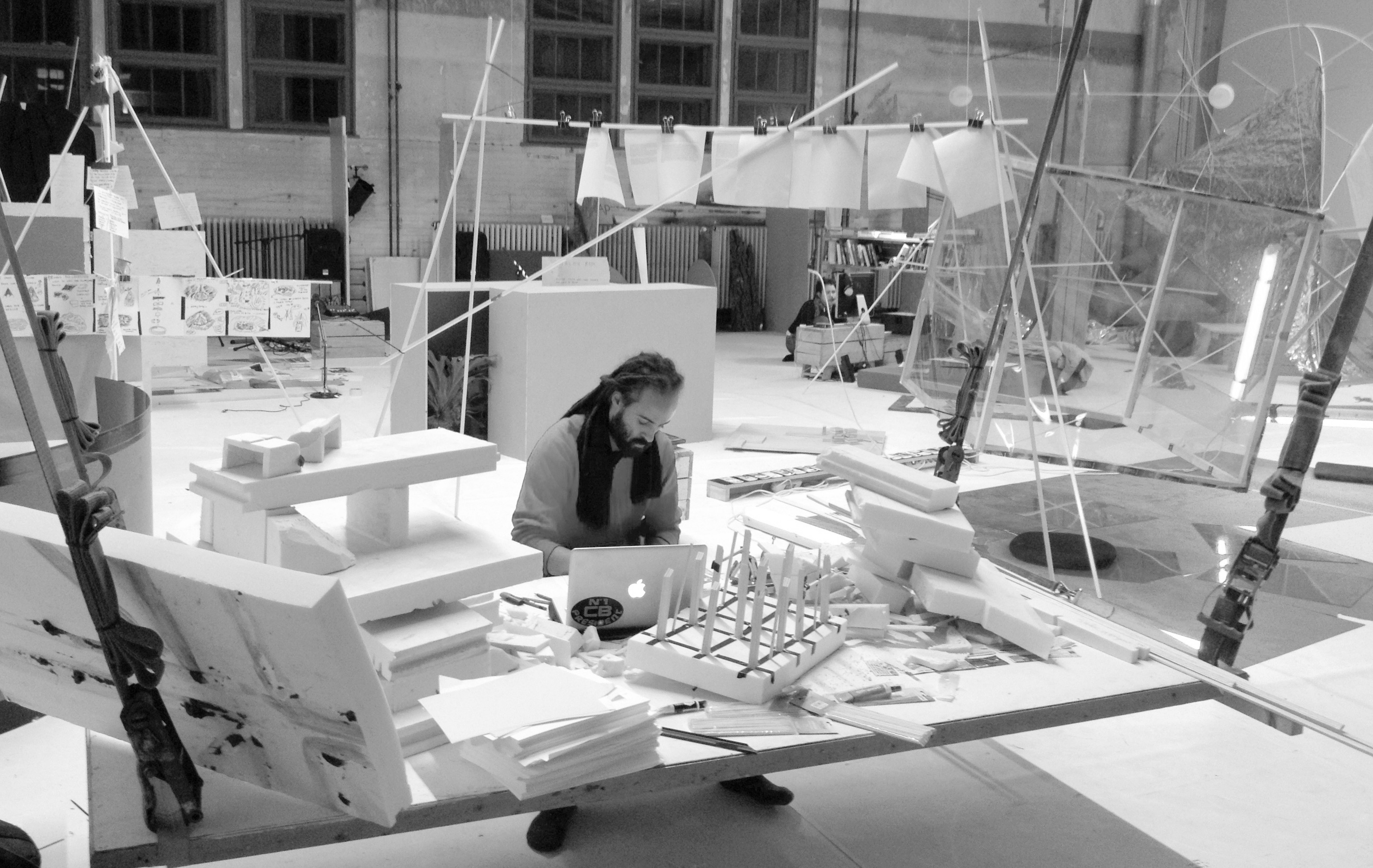postgraduate program
The problem of the score
Block curated by Lilia Mestre / May > July 2017
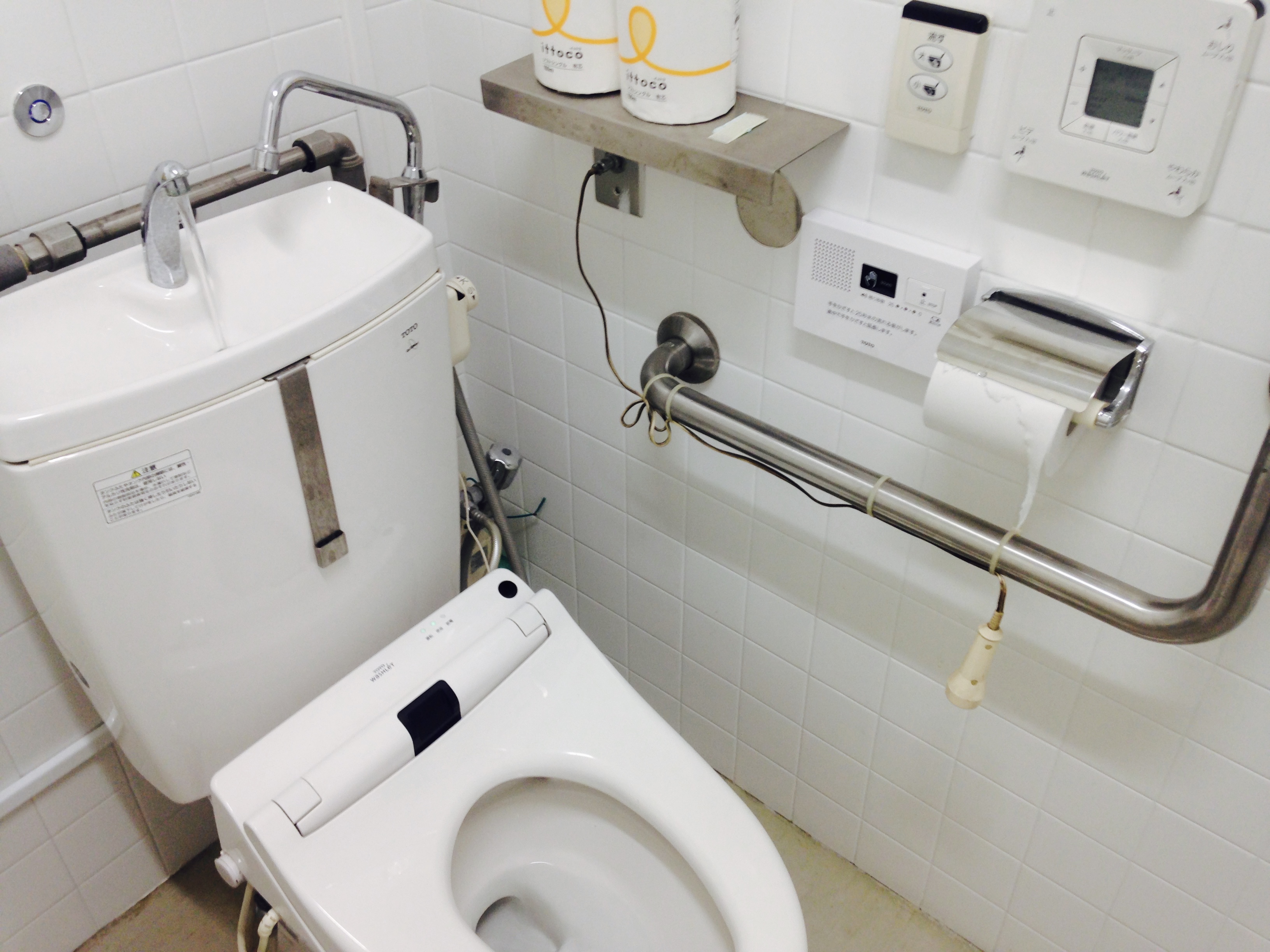
From May till July 2017 the a.pass post-master program questions how structures pre-determine singular outcomes, and to what extent they imply relationality. Every system is a network of connections and the way the system is set to operate defines forms of relation which reveal ideological standpoints. In other words modes of interaction are formatting forces that construct worlds. If we think that way, what kind of problems do our research structures entail? And if we can think a polyphonic world , constituted by multiple models, how do we consider our own structure as a relational one? What kind of technologies are we putting into place? What kind of invitation are we making? And to whom?
The notions of ‘apparatus’ and ‘tentacular thinking’ will be key to understanding and experiencing the problem of score in contextual ecologies. Apparatuses, as coined by Foucault and Agamben, are systems of governance that enable relationships between beings and structures through which the subject is constructed. During former block Donna Haraway introduced us to tentacular thinking as a place from which one can build relations to economical, biological, philosophical, productional, institutional, etc orders. Together with the a.pass researchers, workshop givers and guests we reflect on them, challenge our practices and relate to other authors and art makers.
postgraduate program, workshop
Lilia Mestre The Medium Score
Thinking making together apart
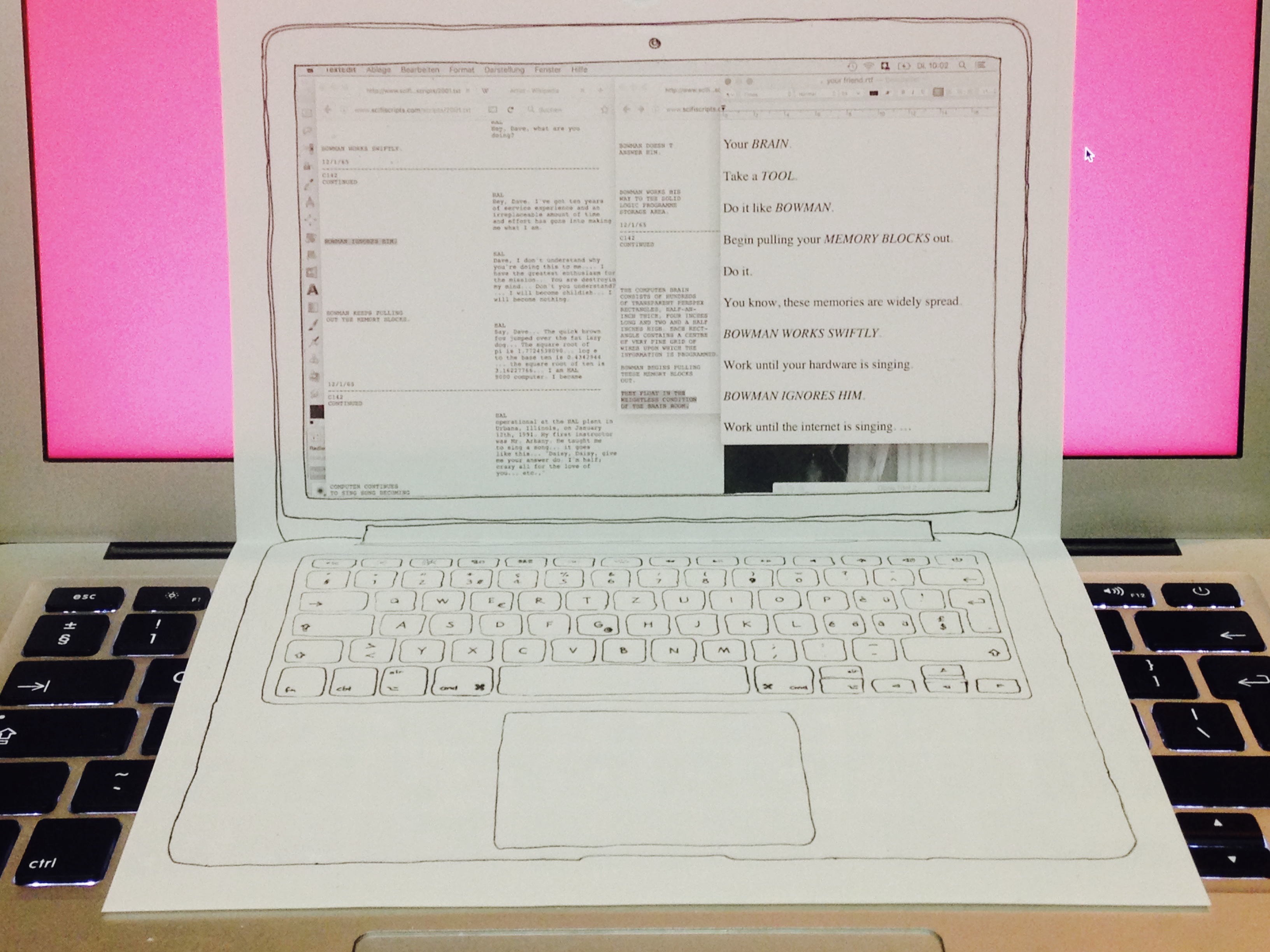
The proposal for this block follows on previous iterations of scores as tools to practice dialogue or intersubjective formats for exchange in artistic research. ScoreScapes is an investigation of how scores can facilitate the relation between artistic research, documentation and knowledge processing.
If artistic research is an active and methodological search for ways to keep the viability of our relation with the world, then how can this search be mediated by scores? If artistic research engages in processes of awaking unseen phenomenological relations with what surrounds us, then how do we compose materials and thoughts? What is the performativity at stake on the sharing of those? What’s the relation between subjectivity and collectivity? What does that do to our individual practices and to the collective itself?
performative publishing, postgraduate program
THE MEDIUM SCORE / Sina Seifee
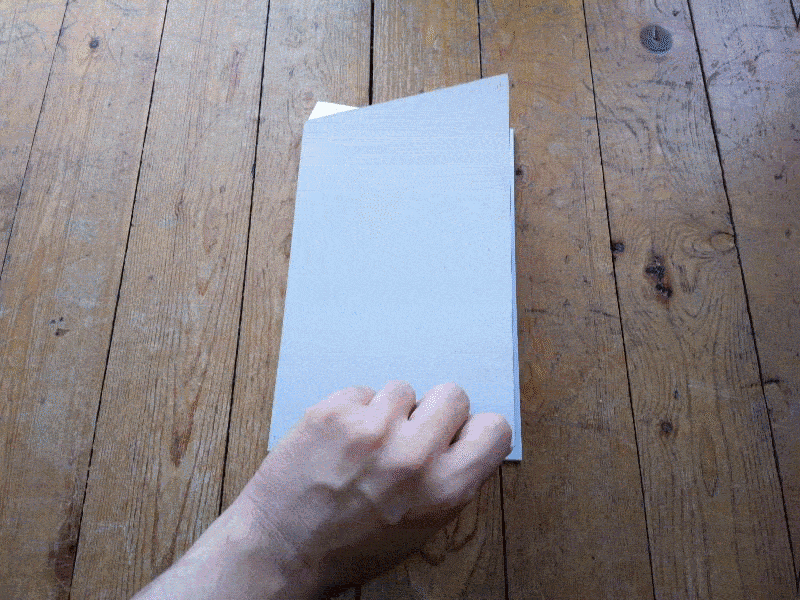
There has been a shift in humanities scholarship:
(feminist science studies, the post humanities, the ecological humanities, animal studies, queer theory,) humanities scholars have represented their matters of care with an aesthetic (and therefore political) commitment to narrating stories with an emphasis on the relationality among agencies, forces, phenomena, and entities usually kept separate, in the background, or out of the story altogether
–> redistribution of agencies
political stake ==> aesthetic tactics
Read more..postgraduate program, reading session
Caroline Godart and Marialena Marouda Feminist Benjamin Reading Group
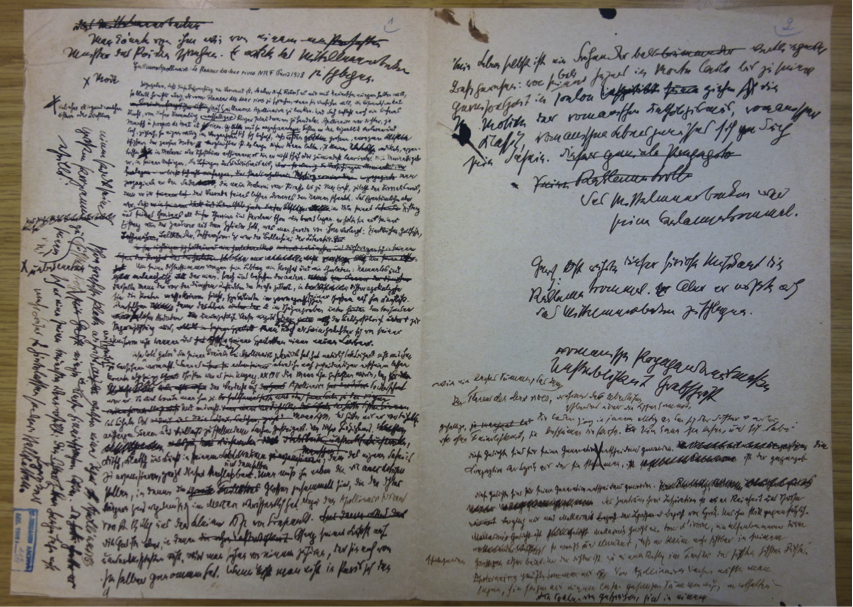
Read more..
postgraduate program, research center
2017 BLOCK II
1 May-31 July 2017
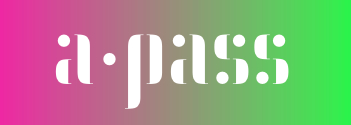
Read more..
postgraduate program, workshop
Anouk Llaurens Sensation as score
9 May-31 July 2017
Movement Practice
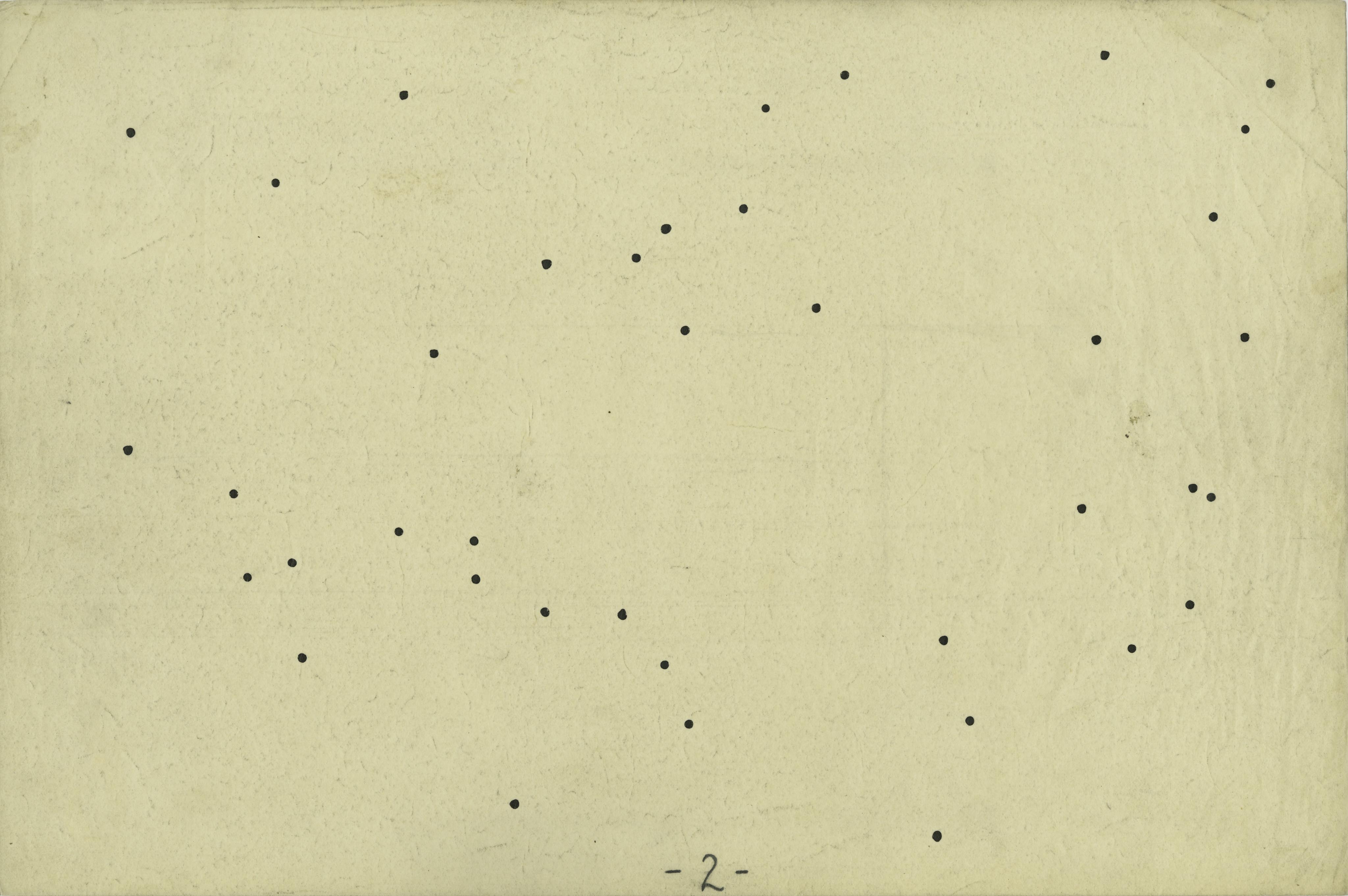
Every Thursday we’ll meet for movement practice and reflection practice will follow.
Read more..project
THE MEDIUM SCORE
15 May 2017

Read more..
postgraduate program, workshop
Settlement 11 Collective Schedule
22 May-3 June 2017 / a.pass

Read more..
conference, seminar, workshop
The Document Transformed + Book Launch Dirty Room /Juan Dominguez
22-24 June 2017 / La Bellone, Brussels
a.pass seminar and master classes

Curated by Sofia Caesar and Lilia Mestre, the public program “The Document Transformed” invites four practitioners that offer very distinct questions, methods, and proposals to problems related to documentation. Join Femke Snelting, Olga de Soto, Vincent Meessen, and Agency (Kobe Matthys), and others, for three days of presentations, screenings, performances and conversations. How does the document affect practices, bodies, histories, and experiences? The event brings together practices that not only give sight to the power relations engendered by apparatuses of documentation, but also move towards the transformation of the systems in which we produce history, law, art, and the body. Held in the context of The Problem of the Score, block curated by Lilia Mestre in the a.pass post-master research program and supported by a.pass.
This seminar is organized in collaboration with La Bellone – Brussels
To inscribe to the master-classes please send an email to production@apass.be
JUNE 22-23-24 @ LA BELLONE
Rue de Flandre 46
Brussels
Detailed program:
Read more..postgraduate program, workshop
Jennifer Lacey Dance Workshop
10 July-14 June 2017
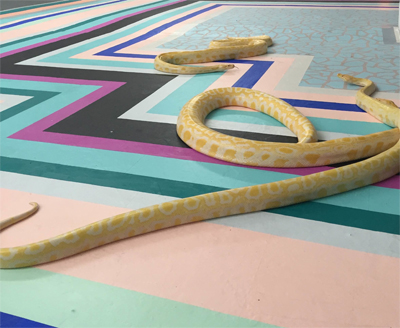
Read more..
postgraduate program, workshop
Sina Seifee Little Fables of Practice Workshop
24-25 July 2017 / a.pass 4th floor

Read more..
